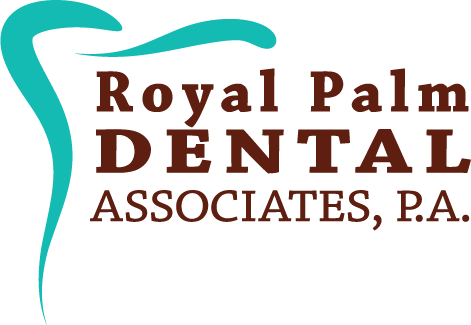What do you mean by good oral hygiene?
Good oral hygiene is the proper care of teeth and gums so they can be their healthiest during childhood and afterwards.
When should I start cleaning my baby’s teeth and gums?
Pediatricians recommend starting as soon as the first tooth comes in. That’s because sugars in food, milk and formula can form a plaque-like film. Removal of this film is important to promote good oral hygiene at an early age.
What’s the best way to clean my baby’s teeth and gums?
Up until now, parents could only wipe babies’ teeth and gums with a washcloth or gauze pad after feeding or nursing. Now many pediatricians recommend special products just for that purpose. They are non-abrasive and designed not to scratch or scrape the enamel of soft, new teeth. Unlike toothpaste, these products won’t foam and is safe and gentle enough for daily use.
How can good oral hygiene habits be developed?
When your baby is under a year old, they needs to become accustomed to having their teeth and gums cleaned. You may begin by cleaning the front teeth only at first. Soon after, you can gradually move to the back gums. To do this, you should apply a small amount of an ADA Recommend Product with your finger or a gauze pad. Gently rub the gums and teeth to remove food and plaque-like film. Your baby will enjoy it because an these products are specially flavored for babies and are typically available is fruit and vanilla flavors.
Do this twice a day and make it part of your routine-either after the baby’s or when you are brushing your own teeth.
When your child is older, (12 months or more) and several primary teeth are present, it’s time for them to experience brushing with a children’s toothbrush under your supervision. Let them watch you. Then help them hold a small, soft toothbrush of their own, and let them imitate you as you brush your teeth. You’ll need to help since it takes a number of years before a child has the muscle coordination to do it on their own.
What about fluoride?
While fluoride can help prevent cavities, its use must be carefully controlled in young children. The experts at the Food & Drug Administration do not recommend fluoride toothpastes for children under 2. That’s because babies under 2 may swallow the toothpaste. Repeatedly ingesting too much fluoride may cause spots to develop on the teeth.
It’s best you check with your pediatrician to seen if there’s fluoride in your water supply. If not, he or she may recommend daily fluoride drops or tablets.
